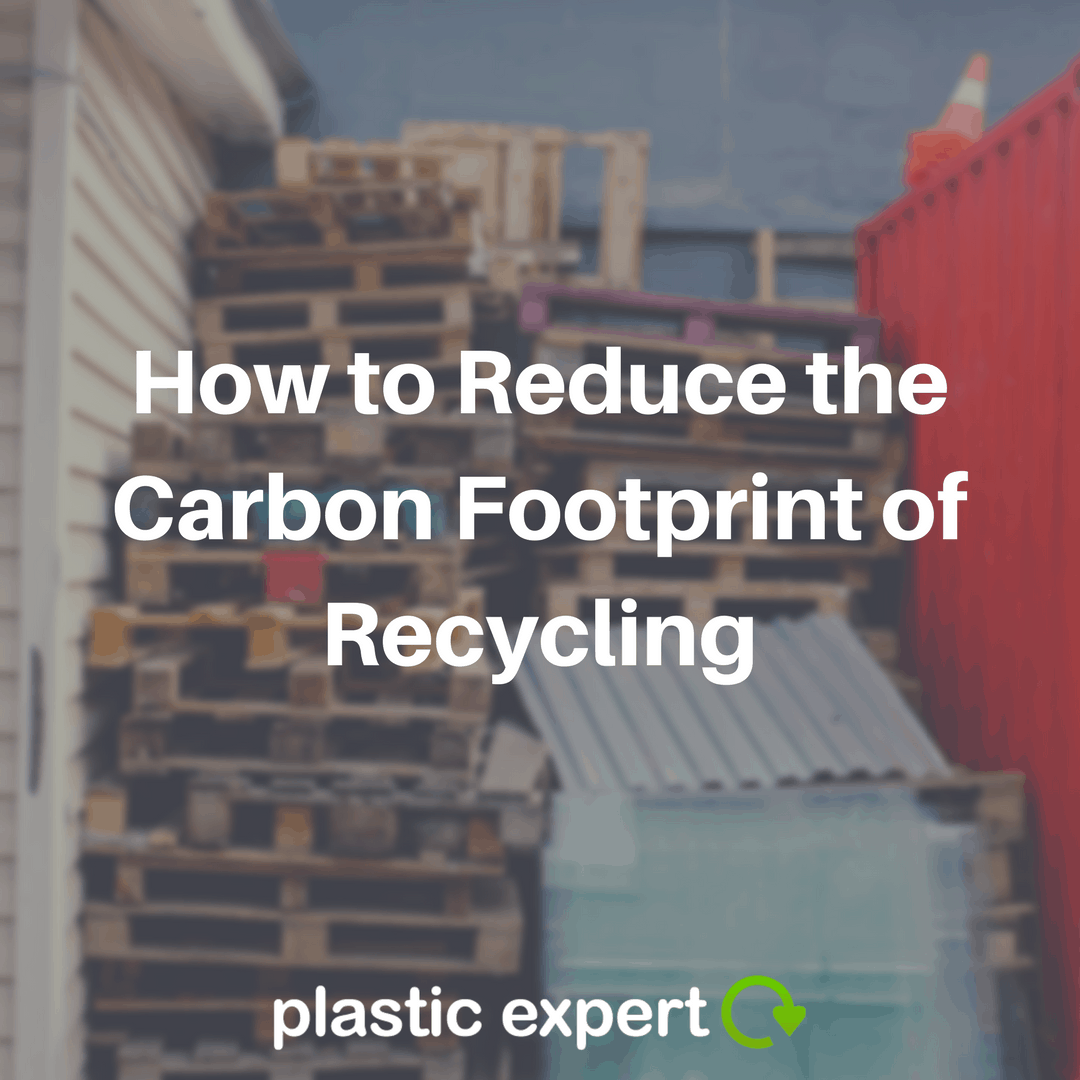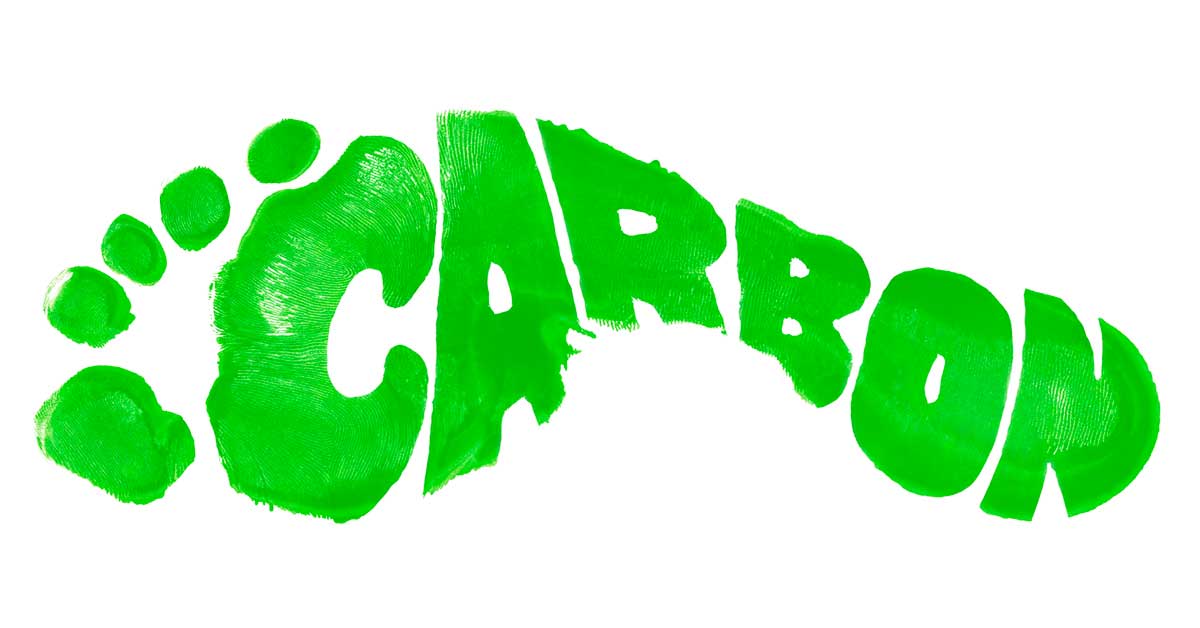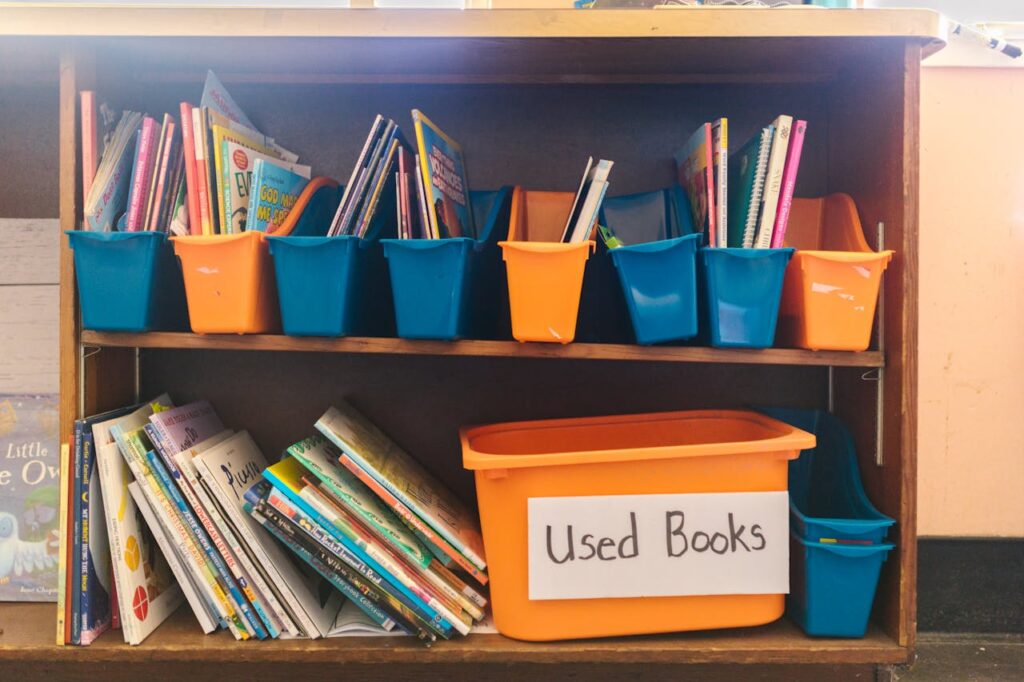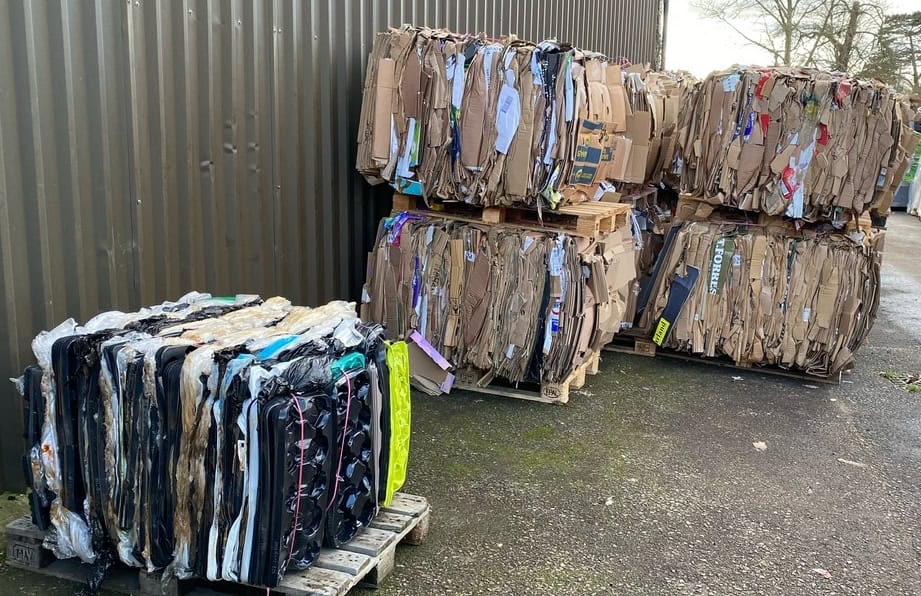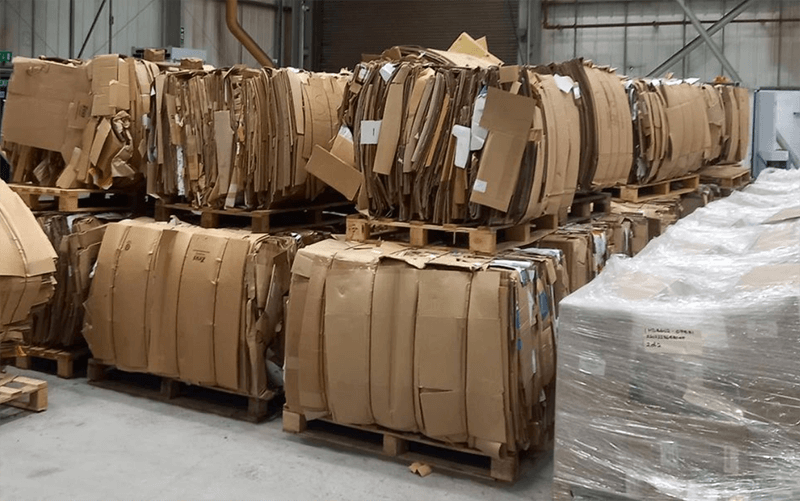It’s commonly known that recycling is an important way to reduce your carbon footprint.
This is because a high percentage of greenhouse gas emissions (GHG) are directly linked to making, moving, and disposing of all the things we use and throw away. Waste prevention and recycling are powerful tools that each of us can apply to use less energy, reduce GHG emissions and contribute to a cleaner and safer atmosphere.
However, the recycling process has emissions associated with it too – there is a lot of transportation involved, and the recycling process itself can be energy intensive for some materials. It is therefore important to consider the carbon footprint of recycling and give thought to ways that this can be reduced.
Here are some tips on how the carbon footprint of recycling can be kept to a minimum:
Consolidate collections
Choose waste companies that offer mixed load collections and large load capacity. The use of bulk haulage considerably reduces pollutant emissions, especially the greenhouse gas CO², in relation to road transport.
Compacting materials
Many businesses overlook the considerable potential of baling and compacting. They fail to utilise every inch of space inside the bins they are paying for, which results in added expense. If, for example, you have four bins full of loose recyclable material, and you instead baled all of that material, you would now only be using one bin. This would allow you to reduce your costs for these bins to just one quarter. This process reduces the volume of the material, meaning that it can be transported more efficiently, which also reduces carbon footprint, thanks to sharing the load better.
Separate materials
Be careful to keep recyclable items separate as to avoid an unnecessary second sorting process further along the line. Plastic is separated by 7 different types, but within these types there are different grades based on quality, cleanliness and colour. Clear plastic is more valuable than black plastic, for example. If possible, keep clean and dirty plastics separate.
Recycle locally
You’ve probably heard of ‘food miles’ – the idea that transporting food over long distances gives it a huge carbon footprint in comparison to locally produced food. It’s a similar story when it comes to recycling. It is common for large amounts of recyclable materials to be shipped around the globe, which racks up millions of recycling miles. Using local businesses to recycle is a great opportunity to reduce recycling miles and support your local economy in the process.
Backloading
Usually, when a company collects waste and transports it somewhere else, they then empty their lorry and drive back to where they came from. This is clearly poor logistics, as the best way to utilise the lorry would be to fill it back up again at the delivery site, so that it’s never travelling empty. Of course, this may not always be possible but reducing the number of journeys that vehicles make is a simple way to reduce emissions from transport. Backloading can do wonders for your carbon footprint, so audit your current logistics setup and see if any opportunities arise..
Conclusion
It is clear that recycling is a good way to ensure that less energy is used in the production, transportation, and disposal of products. As a result, there are less greenhouse gas emissions, helping support the battle against climate change and ozone depletion. However, we all need to be conscious of the fact that the recycling process does have emissions associated with it too,. Therefore, we need to regularly consider the carbon footprint of recycling and make changes that ensure that this is kept to a minimum.

